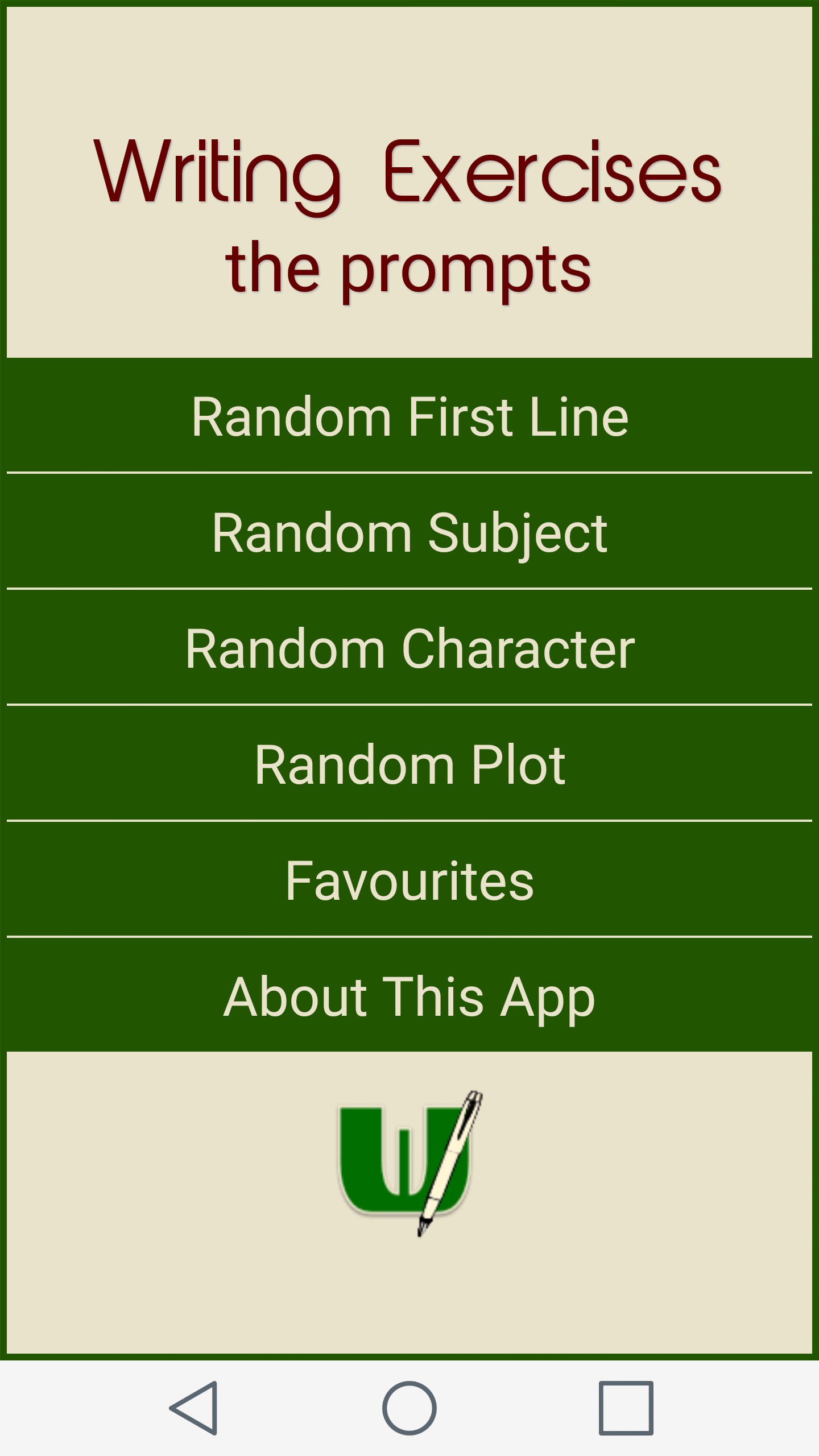Fear
Note: This week on the blog I am trying out a little experiment - writing on the first five (or so) subjects that popped out at random from a cool little app called Writing Exercises. The app provides suggestions for topics, characters, first lines - that kind of thing. I tapped the 'Random Subject' button a few times and will (try) to come up with something for each subject I was presented. It may be good, it may stink - who knows? But whatever the topic, I am taking like 20 minutes tops to bang something out. So here goes...
Today's subject: Fear
First of all, thanks a lot to the Writing Exercises app for following up yesterday's uplifting topic of 'Regret' with another pleasant subject, namely 'Fear'. Well, I am committed to this silly endeavor now, so plow on I shall. (19 minutes left on the clock...)
Fear comes from a few places obviously. The most urgent and primal kinds of fear are ones that are around physical safety, security, 'Will I have enough to eat today?' kinds of things. The next kind of fear that is probably more common among most of us is fear of failure. What if I don't hit the ball or know how to spell the word in the spelling bee or the client decided to award the business to my competitor? Those kinds of fears, fears of losing, while interesting to some extent, at least to me aren't the most compelling to think or write about. Anyone, heck pretty much everyone, has plenty of experience with competition and thus with losing. And most of us, eventually, tend to avoid the kinds of things that are likely cause us to lose, (saving for a moment the Powerball players out there), and consequently our fear of losing is addressed by avoiding competition and confrontation. Said differently, over time we gravitate towards things we are 'good' at.
I'd say the same things about the entire category of 'experiential' fears like fear of flying or of tall buildings or of public speaking. Eventually you get up the onions to conquer those kinds of fears or you don't. I just don't think in the big picture they matter all that much or are all that life-altering in most cases.
But the more interesting and sad kind of fear is the fear of not being needed or of being rejected and unwanted. The idea that no one really needs you whether it's in a workplace context, with family or friends, or in a relationship is pretty daunting and scary. Probably the saddest thing that one can hear is 'We won't be needing you anymore.'
I think most of us want to be successful at what we do. We want to have good relationships with our families and a set of close friends that we can share experiences with. But behind most of those desires is one fundamental one - we want someone to need us.
And waking up one day only to discover that no one out there, anywhere, really does need us is probably many people's greatest fear.
So tell the people in your life that you need and that you count on how much they mean to you today. You'd be surprised I think how important that is.
Dang, this content is kind of heavy, look for something more fun tomorrow.

 Steve
Steve


